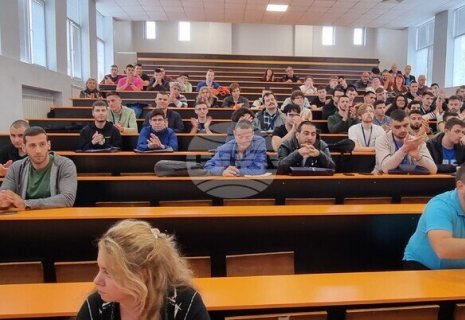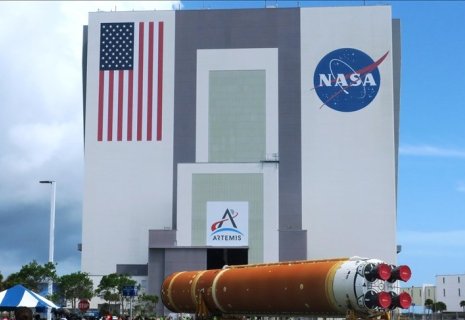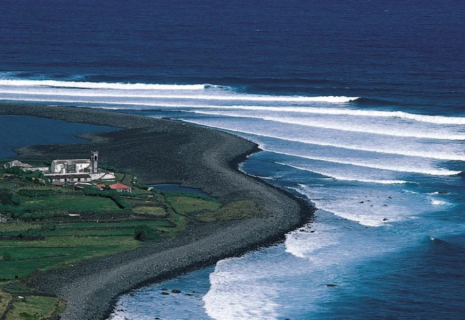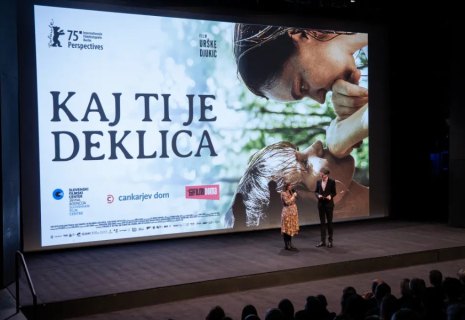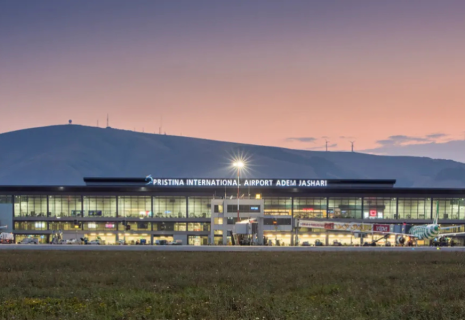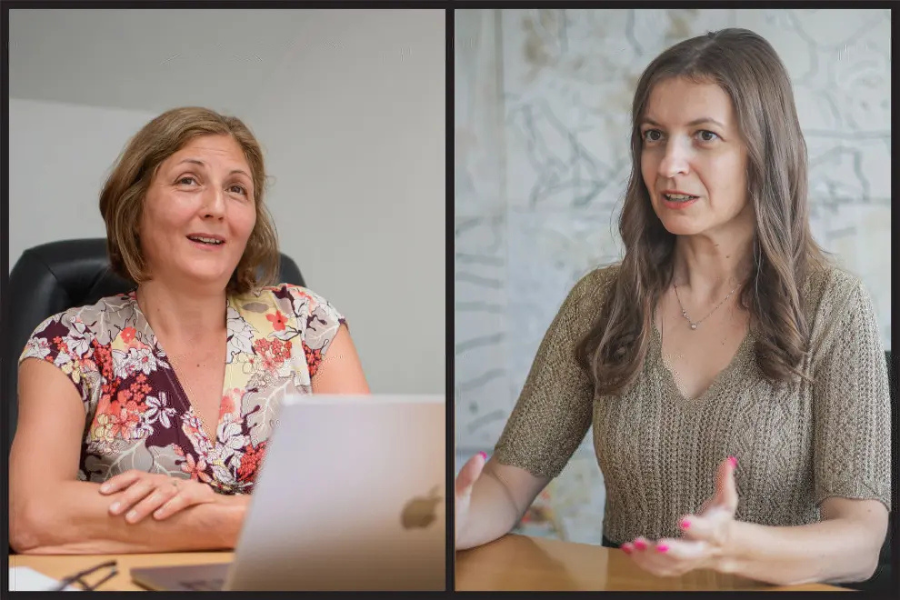
Slovenia to host major AI for science conference
A major conference dedicated to AI in science will be held in Ljubljana this September. Assist. Prof. Dr. Vida Groznik and Prof. Gabrijela Zaharijas explain in an op-ed for The Slovenia Times why Slovenia is uniquely positioned to help shape the future of global AI research.
Artificial intelligence is rapidly changing how we live, but its most profound influence may be unfolding in the scientific world. AI is already helping researchers predict protein structures that accelerate drug development, refine climate models that guide global policy, and analyse astronomical data on a scale that would overwhelm human capacity. Science is entering a new era, where algorithms are not just tools for analysis but partners in discovery, CE Report quotes The Slovenia Times.
From 22 to 26 September, Ljubljana will become the centre of this conversation. The AI for Science conference, held at the Faculty of Computer and Information Science of the University of Ljubljana, will bring together more than 200 participants from across Europe, the United States, Japan, New Zealand, and other countries. Co-organised by the University of Ljubljana, the Jožef Stefan Institute, and the University of Nova Gorica, in collaboration with the Slovenian Artificial Intelligence Society, the event is set to become one of the largest and most comprehensive scientific gatherings of its kind in Europe.
The programme is ambitious, including more than 20 keynote and invited speakers who will present groundbreaking work across medicine, physics, materials science, digital humanities, and environmental research. Highlights include presentations by Prof. Iryna Gurevych (TU Darmstadt), who will examine whether AI can truly act as a scientific collaborator, Assoc. Prof. Joaquin Vanschoren (TU Eindhoven), a leader in automated machine learning, Prof. Tejs Vegge (TU Denmark), known for pioneering "self-driving laboratories", and Prof. Gilberto Câmara (Fundação Getúlio Vargas), who applies AI to satellite data to transform Earth observation.
The conference also reflects Slovenia's growing strength in AI research. The European project SMASH (Machine Learning for Science and Humanities), coordinated by the University of Nova Gorica, will showcase scientific results from its postdoctoral fellows. With 50 researchers from around the world using AI in the fields of precision medicine, climate science, communication, and fundamental physics, SMASH represents an innovative model of interdisciplinary collaboration.
Slovenia is not a newcomer to this field. The foundations of artificial intelligence here go back to the 1970s, when pioneering work by Prof. Ivan Bratko opened the country to international collaborations. Today, Slovenian researchers are internationally recognised for their contributions in areas such as materials science, environmental modelling, and biomedical applications. With projects like SMASH and SLAIF (Slovenian AI Factory), and with powerful infrastructure such as the Vega supercomputer, Slovenia is positioning itself as a key player in the global AI in science research landscape.
A defining feature of AI for Science is the way it bridges communities. Computer scientists will meet with experts from medicine, physics, biology, and the humanities, creating synergies that go beyond traditional academic silos. The goal is not simply to apply AI to existing problems but to transform how different disciplines collaborate and innovate.
The event builds on the long-running Discovery Science conference, now in its 28th edition, but expands its scope significantly. By linking Discovery Science with SMASH, SLAIF, and AI4Sci projects, the Ljubljana meeting will offer one of the broadest views yet of how AI is reshaping the scientific method.
The leadership of the conference underscores its importance. Prof. Sašo Džeroski of the Jožef Stefan Institute serves as programme chair, Assist. Prof. Dr. Vida Groznik of the University of Ljubljana leads the local organisation, and Prof. Gabrijela Zaharijas of the University of Nova Gorica coordinates the SMASH tracks. The event also enjoys the honorary patronage of Dr. Igor Papič, Minister of Higher Education, Science and Innovation. In addition, State Secretary at the Ministry of Digital Transformation, Dr. Aida Kamišalić Latifić, will actively join a special panel on responsible AI to discuss Slovenia's newly proposed AI regulations.
For Slovenia, hosting AI for Science is more than a logistical achievement. It is recognition of the country's scientific excellence and its role in shaping the European research agenda. It is also an opportunity to demonstrate how a relatively small nation can act as a hub for global collaboration at a time when artificial intelligence is redefining knowledge itself.
If the industrial revolution mechanised work, the AI revolution is beginning to mechanise aspects of thought. This shift will accelerate discovery and open entirely new ways of doing science. What once took years in the laboratory can now be achieved in months, sometimes even days, thanks to intelligent algorithms and powerful infrastructure. For Slovenia, hosting AI for Science is more than a scientific meeting. It is a statement that our research community is ready to shape this new era and stand alongside the best in the world. In September, Ljubljana will not only welcome leading scientists, it will showcase how a small country with strong expertise and vision can play a central role in the future of scientific discovery.
* Dr. Vida Groznik is an assistant professor at the Faculty of Computer and Information Science, University of Ljubljana, while Dr. Gabrijela Zaharijaš is a professor at the University of Nova Gorica and coordinator of the SMASH Project






